Arts and Culture
Collaboration
Community Engagement
Innovator Series
Video
Insights & Innovation
27d8cf36-48a5-4692-84db-c08d2539e841
15 min
https://edge.sitecorecloud.io/tessituraneab9a-tessiturane5642-staging-5396/media/Images/Discover-Images/TIS-Featured-Media-Images/TLCC2019-Daisy-Swift-768x465.jpg?h=465&iar=0&w=768
Daisy Swift demonstrates the impact of creative music making and Wigmore Hall’s commitment to building a dementia-friendly society
Music for Life: The power of creativity for people living with dementia
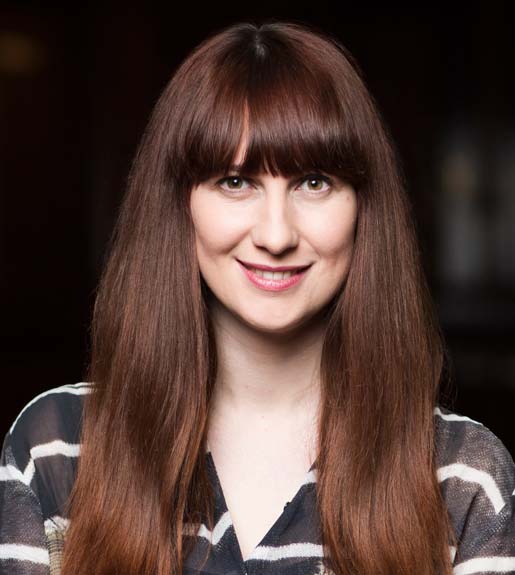
Learning Director, Wigmore Hall
Music for Life: The power of creativity for people living with dementia
7/31/2019
15 min
“We think about chamber music in a conceptual sense. Essentially it’s a kind of music making through which every voice is heard and equally valued,”
says Daisy Swift in this Innovator Series talk, delivered live at the 2019 Tessitura Learning & Community Conference. In the Learning department at Wigmore Hall, “That’s at the heart of what we do.”
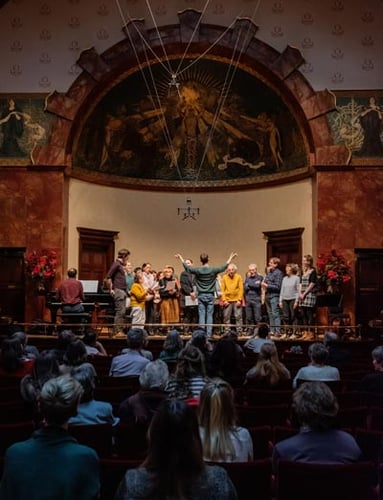
Music for Life: Singing with Friends, in partnership with Resonate Arts
“I believe it’s vital that people who are denied feelings of empowerment, connectedness, community, of equality — people who are marginalised, isolated — have opportunities to engage with the arts,” she says. And so, because music has the powerful ability to forge connections, Wigmore Hall engages with people who are often denied those experiences.
The programme Music for Life, which was founded in 1993 and first came to Wigmore Hall in 2009, engages with people living with dementia. One component of the programme is Singing with Friends, a choir for families living with dementia.
“We wanted to create something that brought families together," Daisy says: "for partners, friends, family members to take part as equals.” The choir requires no prior singing experience and welcomes every individual’s contribution.
The broad impact of Music for Life reaches far beyond the individuals it serves, touching everyone involved in its activities. And it is growing, with new ventures that include a Partner Schools Programme and a care home residency.
One of the essential aspects of Music for Life is musical improvisation with the participants, in which everyone is an equal participant. “It validates the creative voices and individual choices of people in the here and now,” Daisy says. More importantly: “It gives status to their voices.”
“The sense of equality in those circles is astounding. Each individual — musician, person living with dementia, care staff member — is treated as an equal in that space. It’s pure chamber music.”
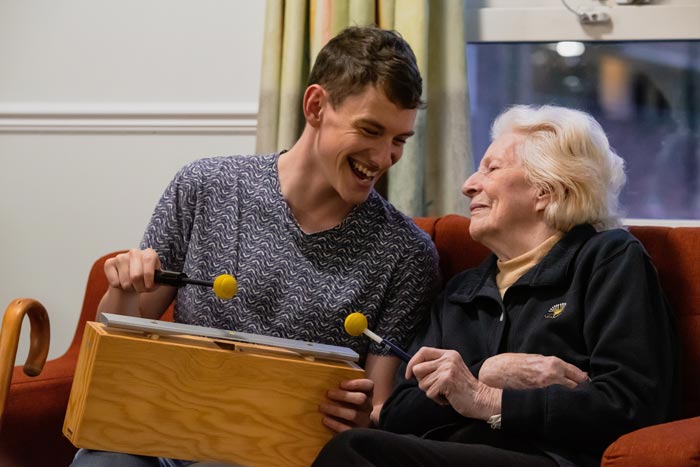
A conservatory student improvises with a residential care participant as part of the Music for Life programme
Scroll up to watch Daisy’s talk, recorded live at the 2019 Tessitura Learning & Community Conference in Chicago.
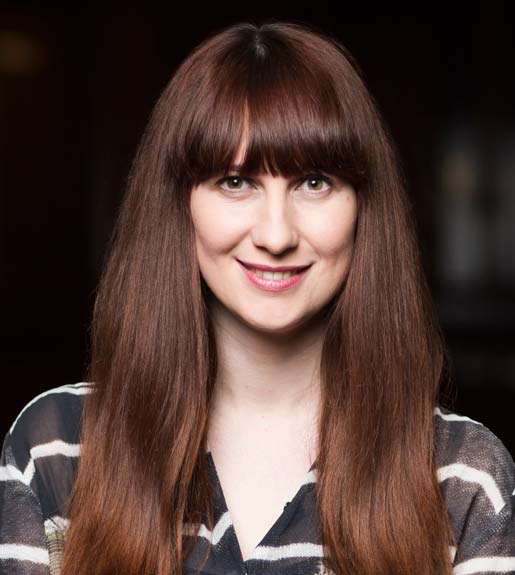
Daisy Swift
Learning Director
Wigmore Hall
Topics
Arts & Culture
/Collaboration
/Community Engagement
/Innovator Series
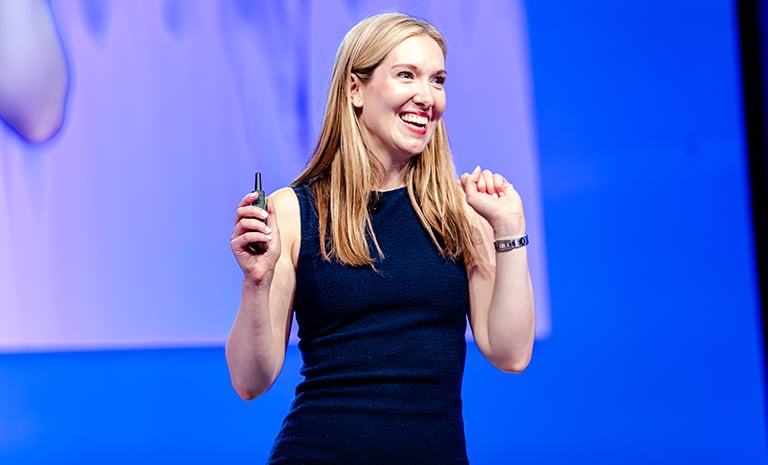
Good data is about people
Arts & Culture / BI & Analytics / Technology
How data is fueling the future of arts and culture (and why Tessitura members have an edge)
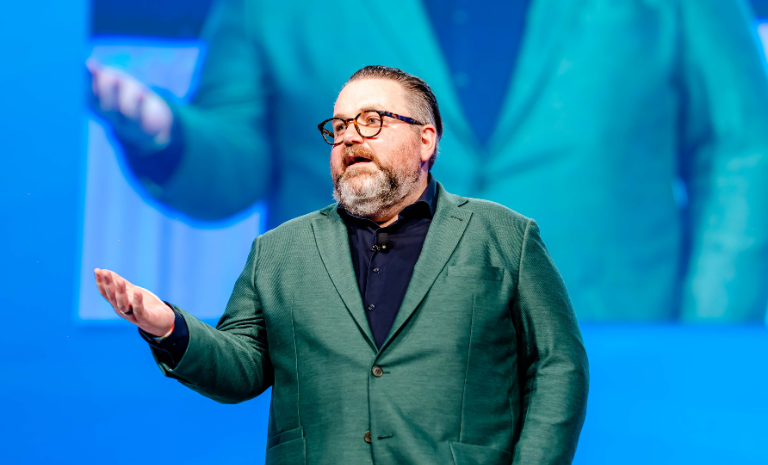
The audacity of relevance
Arts & Culture / Innovator Series / Community Engagement
Alex Sarian urges us to prioritize shared cultural experiences in the face of social isolation
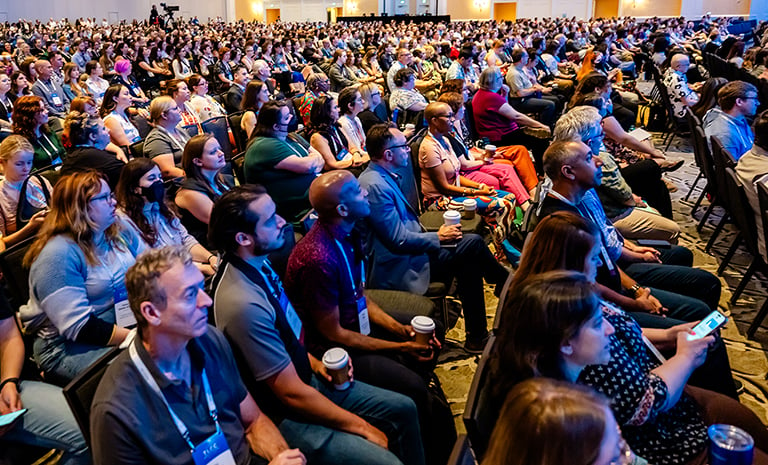
Who we are, what we value and where we’re headed
Arts & Culture / Technology
Recapping the TLCC Orlando 2023 opening session